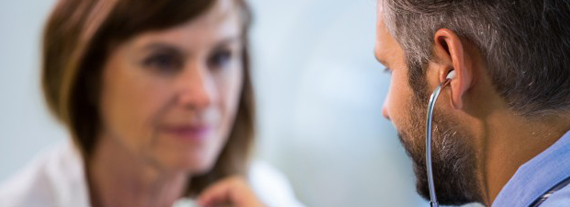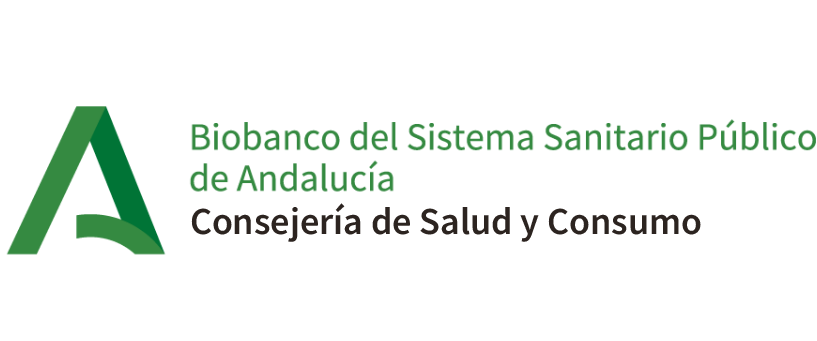What type of commitment does donor registration entail?
The donor commits to collaborate in the development of research projects, by donating biological samples and their associated data that are necessary for their realization.
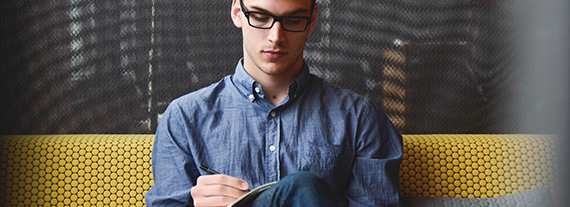
Who is the Registry for?

The target audience of the Andalusian Registry of Donors of Samples for Biomedical Research is the citizens of Andalucia. However, it is important to differentiate between:
- Citizens, and their donations are the foundation that sustains the Donor Registry. Patient associations also play a relevant role because they constitute a group of people who are very aware of the importance of medical research. For this reason, the Donor Registry establishes collaboration agreements with patient associations to encourage voluntary donations of biological samples and thus contribute to the continued advancement of biomedical research in Andalusia. These donations also facilitate research on rare diseases that affect minority groups.
- Health personnel , are the intermediaries between citizens and the Andalusian Registry of Donors (REDMI). These health professionals are trained to convey information about donating samples clearly and precisely at the expedient time.
- The Researchers are the professionals who will use the samples that are donated to the Biobank. It is important that they know the existence of this resource and the Biobank’s services if they are to make use of them.
Does being part of the Donor Registry guarantee me participation in a research project?
No. Your participation in a research project will depend on whether there is a research project that demands biological samples whose inclusion criteria are compatible with the characteristics of the registered donor, as determined during the sample donation process.
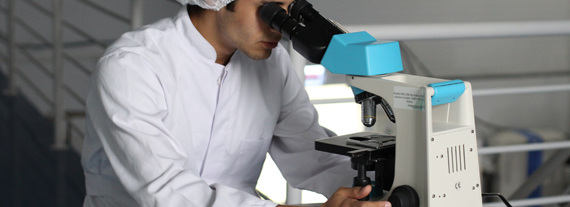
How often will I donate samples?
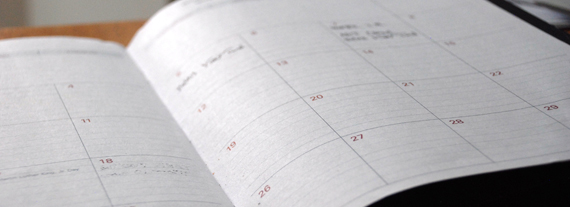
Donations are made at the time when a research project that is compatible with the registered donors is initiated.
What effect does making a donation have on the donor?
Donation is a simple and safe process. It does not involve any contraindications for the donor since the procedures for obtaining the samples are non-invasive procedures (urine, faeces, nails, hair, saliva, tears) or minimally-invasive (blood extraction, skin punch). These procedures are always supervised by health professionals or personnel who are specialized in obtaining samples. However, if the procedure causes any injury to the donor, then the donor will receive financial compensation in accordance with the provisions set out in current regulations.
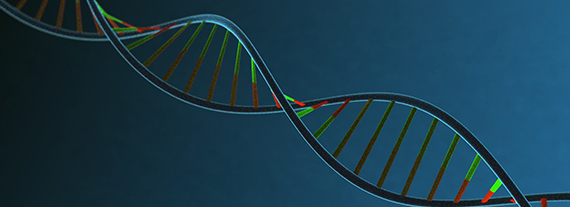
Are any business transactions made with the donated samples?
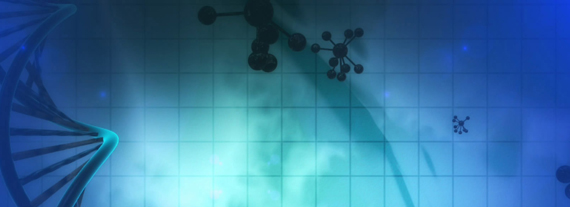
No. Spanish law and international regulations establish that making a donation is an altruistic, anonymous, voluntary, and unpaid act.
However, the expenses associated with obtaining the sample, its maintenance, processing, and preservation, and any costs associated with the personnel involved in the process of obtaining samples are paid by the researchers who request the samples.
Am I free to withdraw myself from the Registry?
Yes. A donor can temporarily or permanently unsubscribe from the Registry at any time. Cancellation of the donor’s participation in the Registry can be made by contacting the Biobank of the Public Health System of Andalusia and requesting that the donor’s consent to join the Registry be revoked.
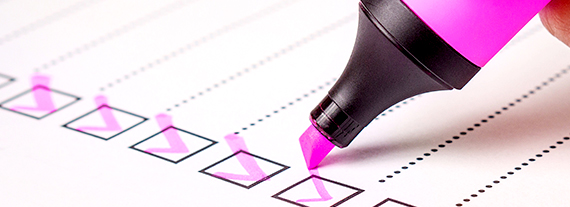
Can I find out which research projects my samples are used in?
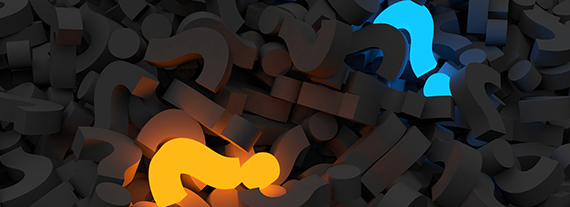
Yes. At the time when the donation is made, the donor signs an informed consent form where the name of the specific project in which the donor will participate will be mentioned. For more information about the research project, the donor can just contact the Biobank of the Public Health System of Andalusia and request additional information about the specific research project.
What happens if I am called to make a donation but I am outside Andalusia?
The scheduled time of the donation can be made with a large window of opportunity that can be modified by a margin of several weeks. If the donor’s stay outside Andalusia will be a prolonged stay, then an alternative donor will be sought.
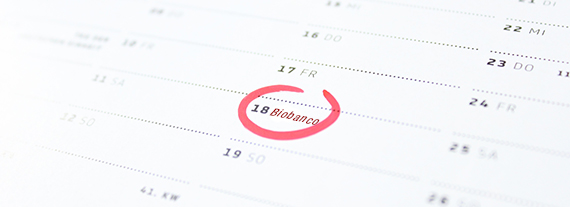
If I fall pregnant, can I still be a donor?
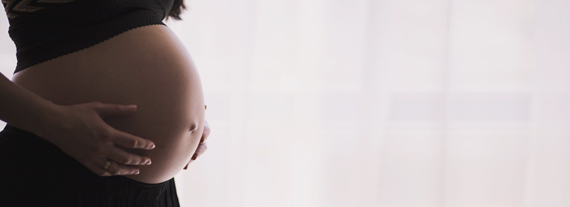
Yes. As long as the sample collection procedure does not pose any harm the state of pregnancy. Note that the donor must still meet the inclusion criteria of the research project and the donor’s pregnancy does not affect the development of the research project.
What happens in case the donor changes address?
The donor can change or correct their contact details (including their address) by using the contact numbers for the Biobank of the Public Health System of Andalusia. A donor can also change their address within the provinces of the Andalusian Autonomous Community since there is a Biobank centre in every Andalusian province which can manage the donation process. Information regarding your nearest Biobank centre can be found here.
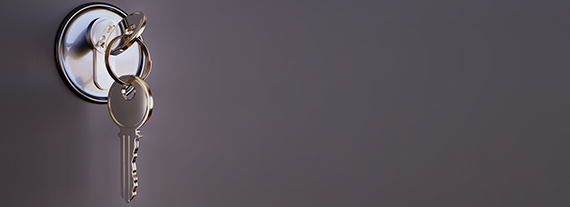
Can I refuse to participate in a research project? What consequences would this have?
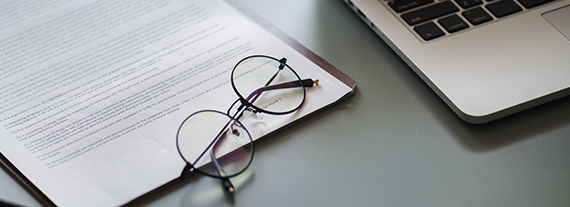
Yes, you can refuse to participate in a research project. You are always free to ask about the research project that your samples will be used in. Refusal to participate in a project does not disqualify the donor from continuing to be part of the Donor Registry and does not affect the donor’s participation in future research projects.
Can I donate whilst taking medicine?
Yes. As long as the medication that is prescribed to the donor by the donor’s doctor does not interfere with the inclusion criteria of the project.
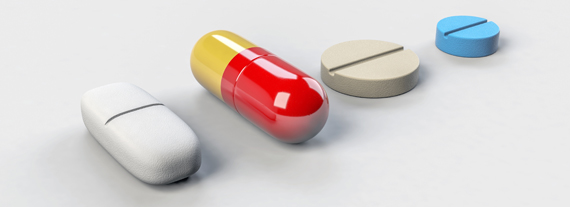
What happens to the sample once it is donated?

The sample is donated to the Biobank of the Public Health System of Andalusia. This organisation is in charge of transferring it to the researcher. The Biobank is responsible for providing the researcher with the sample as needed. If necessary, prior processing of the sample may be performed by the Biobank and then the requested by-product is transferred to the researcher. Any surplus of the sample will be stored in the preservation facilities that the Biobank operates.
If a research finding is relevant to the health of the donor, does the Biobank report this to the donor?
Yes. As long as the donor has authorized for this to happen in the informed consent the donor signed at the time when the sample was donated.
All of the data that is obtained from any analyses that are performed on the donated sample is treated as confidential information, in accordance with the provisions of articles 13 and 14 of the General Data Protection Regulation. If a research finding that is relevant to the health of the donor is identified, then the Biobank will consult the ethics committee and assesses whether the finding is important enough to inform the donor and consider whether the donor should be contacted and informed of the finding. If this is the case, the Biobank will contact the donor’s primary healthcare centre which will transfer the information to the donor.
